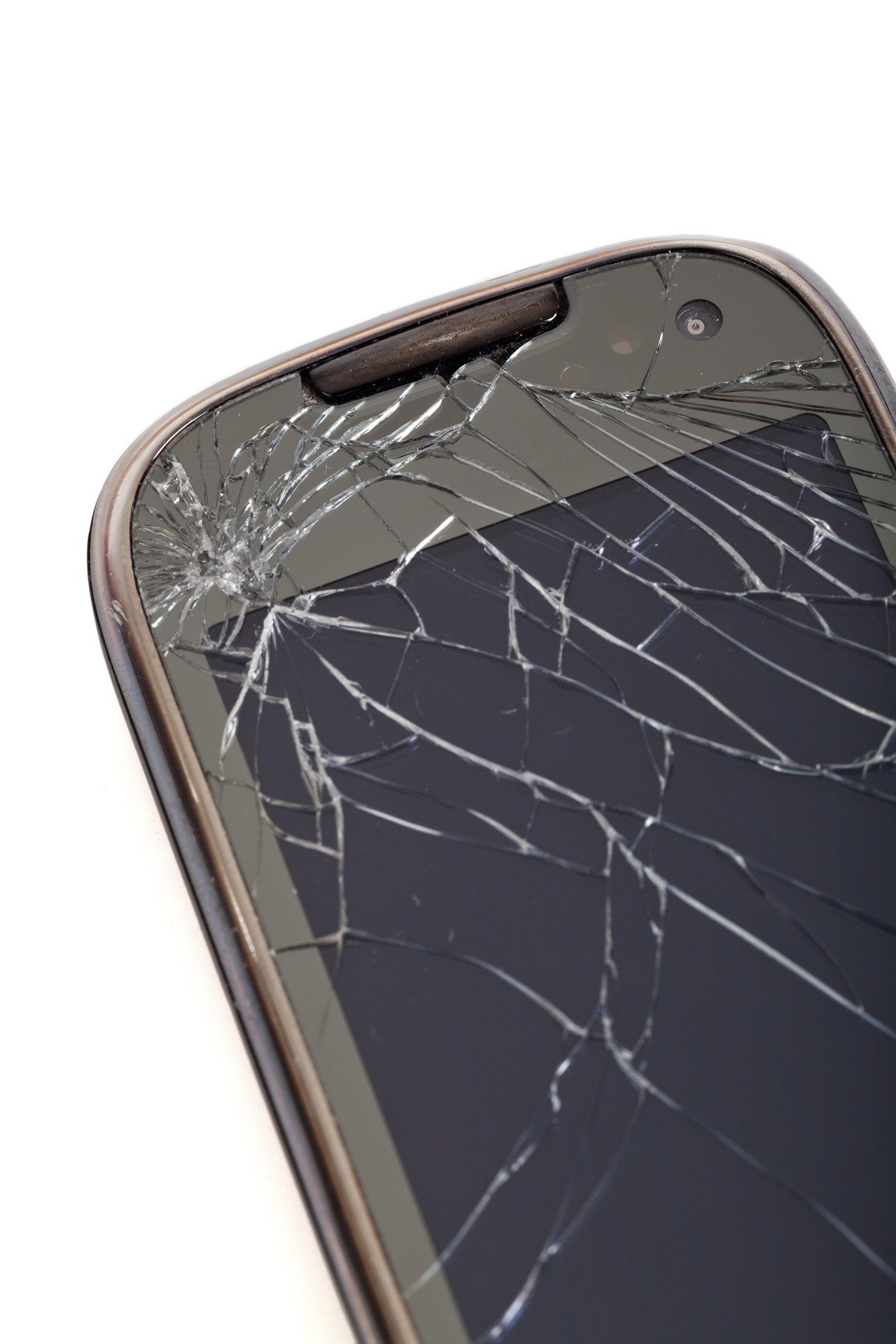Where can I recycle…?
It may be common practice in your household at this point to toss your used paper, plastic and foil into the mixed-use recycling bin and to haul it out the curb (or recycling center) once a week. But what about those larger-ticket items that just don’t seem right to throw away? Chances are, they can and should be recycled, but not in your weekly recycling. Here’s a list of the most common household items to recycle, plus how to do so. All this information is provided by ecomaine, and you can find out more on their website at ecomaine.org.
Mercury-containing thermostats
Thermostats as little as 10 years old may have been manufactured with mercury, and it is important to recycle them properly. Return them to a participating hardware store or HVAC retailer, and receive a $5 thank-you either as store credit or in check form, for each thermostat you recycle. Find details and a list of participating stores at thermostat-recycle.org.
Compact-fluorescent lightbulbs
CFLs also contain mercury and must be turned in to one of 240 collection sites around the state to be disposed of safely. Check your town’s waste collection site or visit maine.gov to find a site near you (simply search “CFL lightbulb”).
Household paint
All Maine residents can drop off leftover paint, for free, at a participating drop-off location (primarily paint retailers). Visit paintcare.org to find a drop-off site near you.
E-waste
“E-waste” includes televisions, computers, computer components, DVD players, electrical cords, etc. Visit maine.gov (search “e-waste”) to find a collection site near you; many retailers such as Goodwill, Staples and Best Buy also recycle certain electronics free of charge.
Cell phones
Bring your used cell phone to any cellular telephone retailer free of charge—Maine law requires all cell phone retailers to offer phone recycling.
Batteries
Disposable, single-use batteries may be thrown in the regular trash. Rechargeable batteries like those found in laptops and other electronics, as well as lead acid batteries, should be dropped in special collection boxes found around the state. Visit call2recycle.org to find the nearest collection facility.
Plastic bags and plastic film
It is a common misconception that these can go in your regular curbside recycling. Instead, collect them together in a bag; any retailer that offers plastic bags to its customers is also required to offer a collection bin within 20 feet of their main entrance. Major grocery stores are a good place to start, or look up a location at plasticfilmrecycling.org.
There’s an app for that: ecomaine’s Recyclopedia
Wondering how to recycle an item you don’t see on this list? Visit ecomaine.org and check out their “Recyclopedia” – just type your item into the search and learn just what you need to do to recycle it. You can also download the handy Recyclopedia app for recycling on-the-go!
Have some items not quite ready for the recycling bin or dump? Check our list of donation locations for gently used goods.






